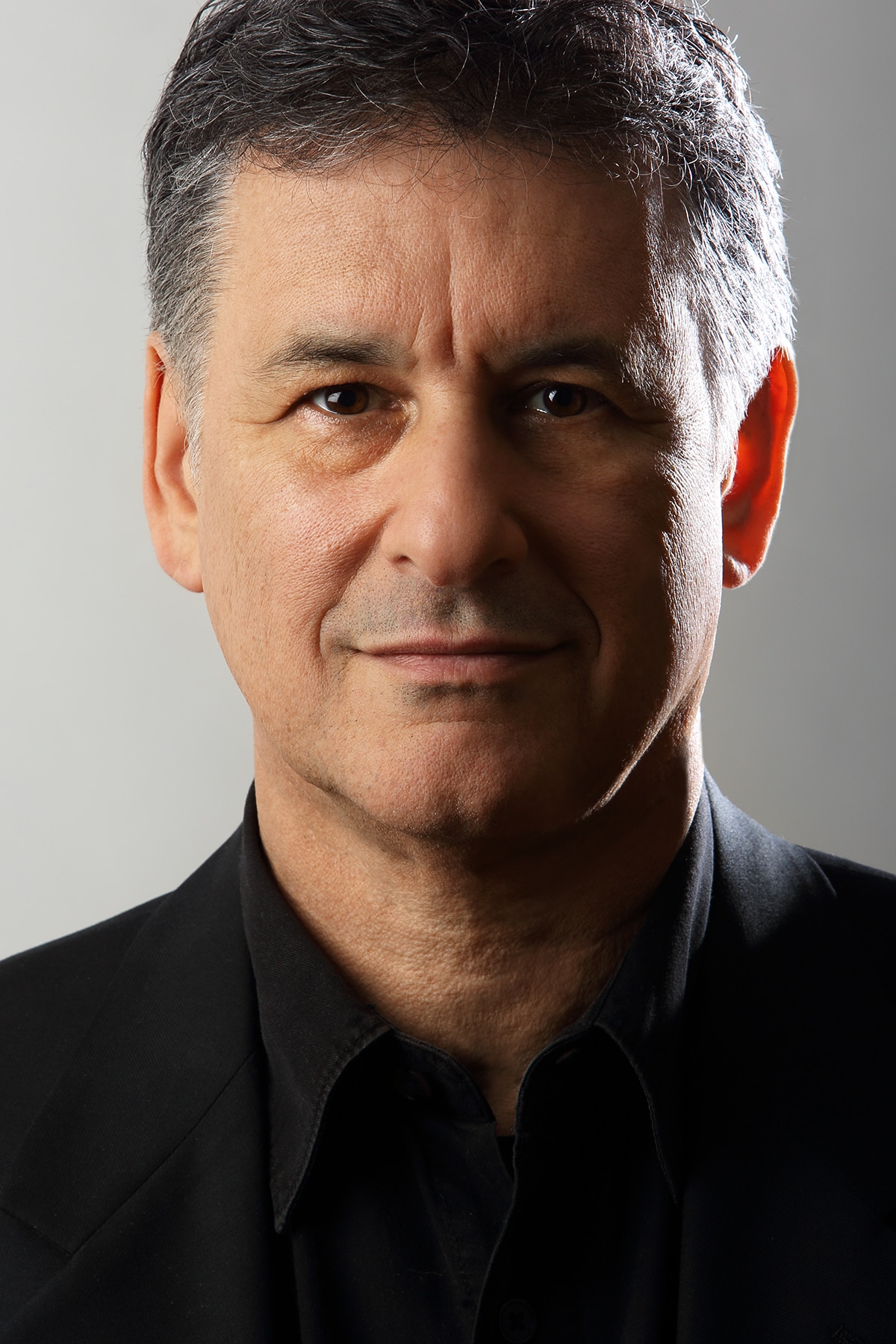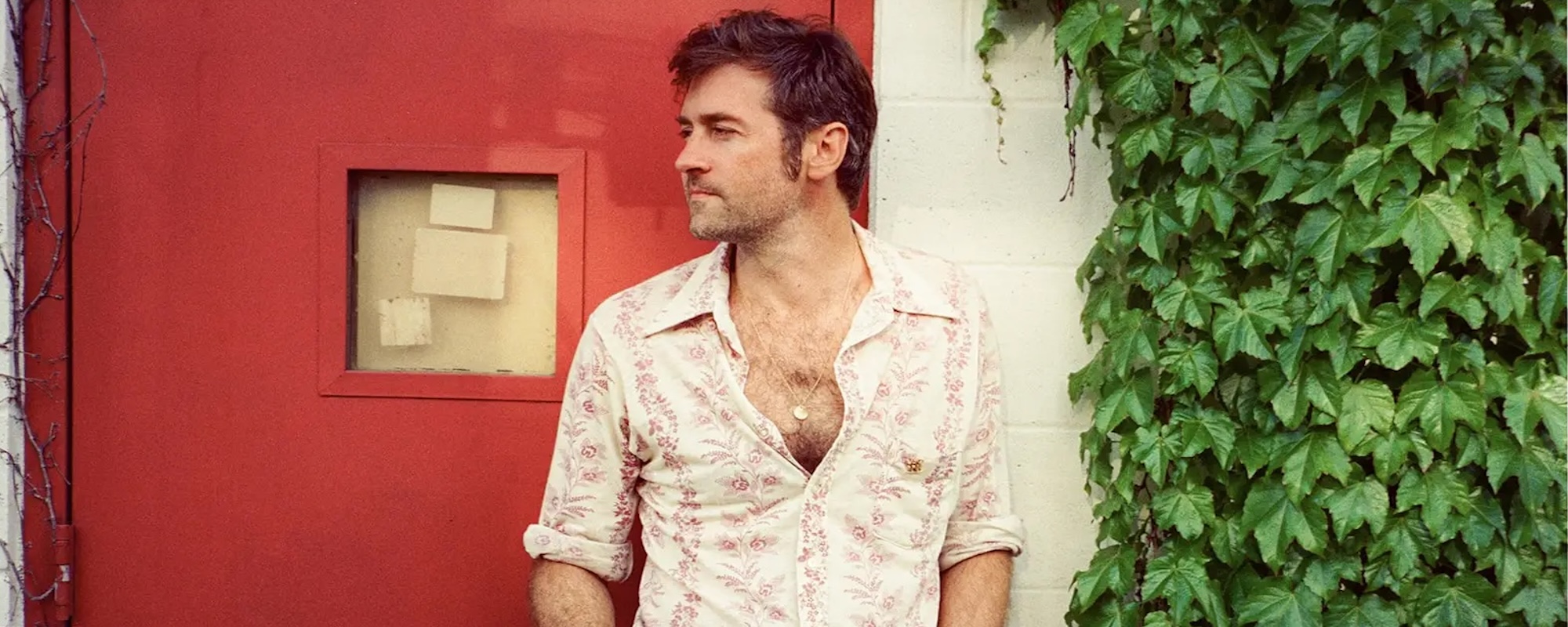
When Rodney Crowell invited teachers and speakers for his “Adventures In Song” camp, he reached out to the best. And there’s no one alive with more knowledge about the neuroscience of music (how our minds perceive, store, generate and hear music) than Daniel Levitin. A songwriter-musician himself, he’s also a neuroscientist and professor, and author of several books on this subject, including This Is Your Brain on Music. His other books include The Organized Mind, The World In Six Songs, The Science of a Human Obsession and A Field Guide to Lies.
Videos by American Songwriter
Born in San Francisco, he’s produced, engineered and consulted on music, as well as worked with Joni Mitchell, Sting, Stevie Wonder and even the Grateful Dead. Presently, he’s a Professor Emeritus of psychology and behavioral neuroscience at McGill University in Montreal. Generous with his knowledge and time, he gave a compelling talk at the camp, and afterward answered all our questions and more, which we’re happy to share.
This retreat is for people wanting to become great songwriters. Have you participated in such an event before, and if so, what do you think about such retreats?
When I was working for 415/Columbia Records, I was a judge for a number of songwriter competitions which often took a similar form, although they tended to be one or two day events and weren’t retreats like this, where everyone lives and works together. I attended a songwriting workshop as a student back in 2009 at Esalen, led by Cris Williamson. That one was great. And I’ve been an instructor at Victor Wooten’s bass camp two or three times, which is a retreat in the woods west of Nashville. I’ve taught at a number of neuroscience retreats, too.
I am a big believer in these retreats for two reasons: it’s important to take yourself out of your daily routine and comfortable environment to spark a different way of thinking. And it’s important to live and breathe it with other like-minded individuals for a few days.
What did you think about this one?
For the students it was worth every penny. And every teacher I spoke with said that they learned a lot too.
Did it seem effective for the campers?
Absolutely. Many of them came up to us afterwards and told us so, completely unsolicited.
Were there highlights, or anyone you met or spoke to that was striking to you?
Every student was already a good songwriter — there was no one there about whom I thought, “This person has a loooong way to go.” Several of them really moved us. They had gotten in touch with really deep emotions. They didn’t have all of the craft to express it, but hey, I’d rather have the raw emotions and no craft than no emotion and all craft any day.
A highlight was getting introduced to the music of Joe Robinson and Brennen Leigh. Also, getting to teach with Lisa Loeb, who was a psych/neuroscience major in college, and with whom I have a lot in common.
I loved getting to meet Allen Shamblin, whose work I’ve admired for years. Bernie Taupin gave a guest lecture in a class I taught at Stanford back in 1992 or so, and we had fallen out of touch, so it was nice to renew our acquaintance.
And I treasure any chance I get to spend time with Rodney and Joe Henry. They’re two really smart, really beautiful people.
Is it challenging for the brain to process talk about music? Are there ways of talking about music which communicate best?
Challenging in a good way, like learning how to swing your racket in tennis, or how to drive so that your car won’t spin out.
There are technical aspects. We emphasized those — rhyming and rhythmic schemes in lyrics; choosing the right, precise words; making sure the melody note doesn’t clash with the chord you’re playing.
We got into some finer points, too. Rodney called out a student who hadn’t thought through the emotions and the characters in his story deeply enough. I called out a few students who were writing stories that lacked emotional insight. In the sort of song they were writing, I think the listener expects to come away with something. A new understanding. The songs instead delivered hackneyed phrases and platitudes. There was one song in which the (male) student sang to his wife about an affair, that it didn’t mean anything. There is no woman in the world who wants to hear that it meant nothing! It hurts so much, you at least want to hear that it meant something to the guy. We told him he needed to work harder to understand his character’s motivations, flaws, and such. His character was fooling himself, okay. But the character can’t also fool the songwriter.
It was interesting that in your talk you spoke about music using every part of the brain. By music, does that include songs as well as instrumental music? Do songs involve other parts of the brain because they have language as well as music?
Even instrumental music can engage the so-called language areas of the brain, because linguistic areas are tracking contour, prosody, pitch and rhythm and loudness.
Does the brain process that occurs when a songwriter writes a song differ from that involved when simply listening to music?
Yes, absolutely. The songwriter needs to turn off the editing portion of the brain, and needs to actively explore the connections between ideas — musical, lyrical, and emotional. The listener can do that but listening tends to be more passive. It’s like the difference between watching football and playing it.
Does it take, as some have suggested, an unusually even balance of both sides of the brain to write songs — both words and music?
Yes! When we scanned Sting’s brain, we found that the fissure that connects the two halves of his brain, the corpus callosum, was thicker than it is in the average musician. That tells you something.
This retreat is based on the idea that knowledge about songwriting can help songwriters learn how to write good or even great songs. Some suggest that despite of all the knowledge attained, that without a real knack for songwriting, you never will become great. Do you feel that this is true?
This is a tough question. All I know is this: I’ve been writing songs for 50 years. It’s only in the last ten that great musicians have been paying attention, or that I’ve been able to co-write with some, like Bobby McFerrin and Livingston Taylor. Just yesterday, Jim Salestrom suggested we write together. Now I’m not saying that I’m great, but I’m good enough that Rodney invited me to teach.
Wherever I’ve landed, if it was a talent, a knack, a gift, I’m not sure it would have taken 40 years to get there. As you heard me say in the talk: Stevie Wonder told me that he spent his 10,000 hours for sure. And as I told Malcolm Gladwell, the Beatles had 10,000 hours before we ever heard of them, honing what they do in the Cavern and in Hamburg.
You spoke about songwriters I love as well — such as Sting and Simon — both of whom are great melodicists. Each has composed melodies that have become immensely popular. Is that gift for writing compelling melody something which is innate, learned or some combination?
I think it’s like good poetry or prose writing, or good painting. Part of it comes from within you, part from outside of you. Learning some craft can help you immensely in smoothing out rough edges or connecting ideas that you’re having trouble linking.
I know that you know that both of these songwriters spend a lot of time experimenting with melody and trying out different ones. I was in Paul Simon’s studio while he was trying out different melodies for some songs on The Capeman. One thing that may separate them from others is that they don’t just take the first thing that pops into their minds. As they do with lyrics, they work to be sure they’ve found the very best one.
Is there any understanding yet of the ear-worms, those tunes that get stuck in your head?
I got nothing new on that.
When I asked Dave Brubeck what the secret of a great melody is, he said, “The secret of a melody is a secret.” Do you have any understanding of why certain melodies are appealing to humans?
It’s a secret! No, seriously, I have no idea. Musicologists talk about gap fill, but I think what it comes down to is that inverted U-shape I showed in my talk: an appealing melody has to balance predictability and surprise. If it can surprise you just the right amount, you can love a melody for the rest of your life.







Leave a Reply
Only members can comment. Become a member. Already a member? Log in.